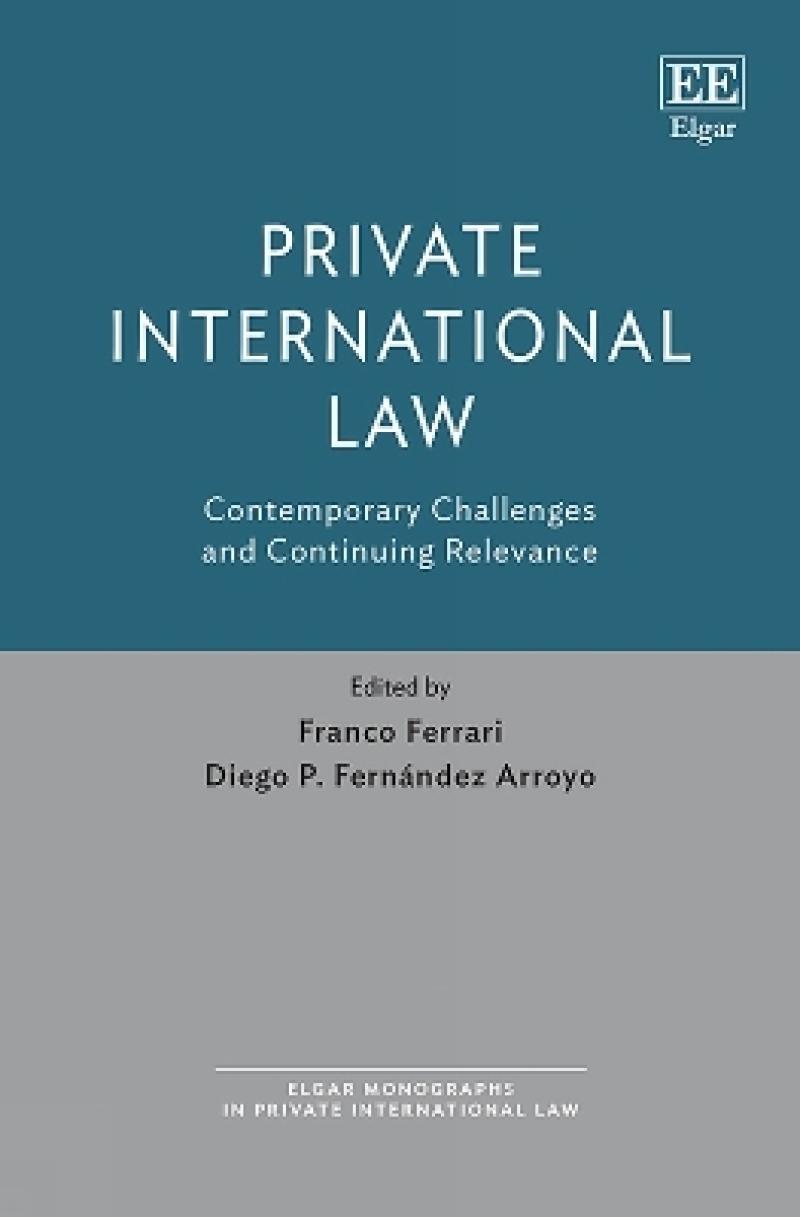<i>'Globalization has tremendously enhanced the number of cross-border transactions and, thereby, the significance of the conflict of laws. But is the localization method conceived in the 19th century for both jurisdiction and the applicable law still appropriate in the 21st? Can it serve purposes of global governance, give effect to universal values, allow for the implementation of national policies, provide legal certainty? The editors and authors, outstanding scholars in this area, provide thoughtful and interesting answers to these pressing questions.'</i><br /> --Jürgen Basedow, Member of the Institut de Droit International
Separated into nine parts, each containing two perspectives on a different issue or challenge, this unique book considers issues such as the certainty vs flexibility of laws, the notion of universal values, the scope of party autonomy, the emerging challenges of extraterritoriality and global governance issues in the context of PIL. Further topics include current developments in forum access, the recognition and enforcement of judgments, foreign law in domestic courts and PIL in international arbitration.
This comprehensive work will be of great value to scholars and students working across all areas of PIL. It will also be an important touchstone for practitioners seeking to think creatively about their cases involving conflict of laws and PIL.
Contributors include: V.R. Abou-Nigm, G.A. Bermann, A. Bonomi, R.A. Brand, D.P. Fernández Arroyo, F. Ferrari, H.A. Grigera Naón, B. Hess, M. Lehmann, M. Mantovani, R. Michaels, Y. Nishitani, F. Ragno, M. Reimann, K. Roosevelt III, L.J. Silberman, S.C. Symeonides, L.E. Teitz, H. van Loon
